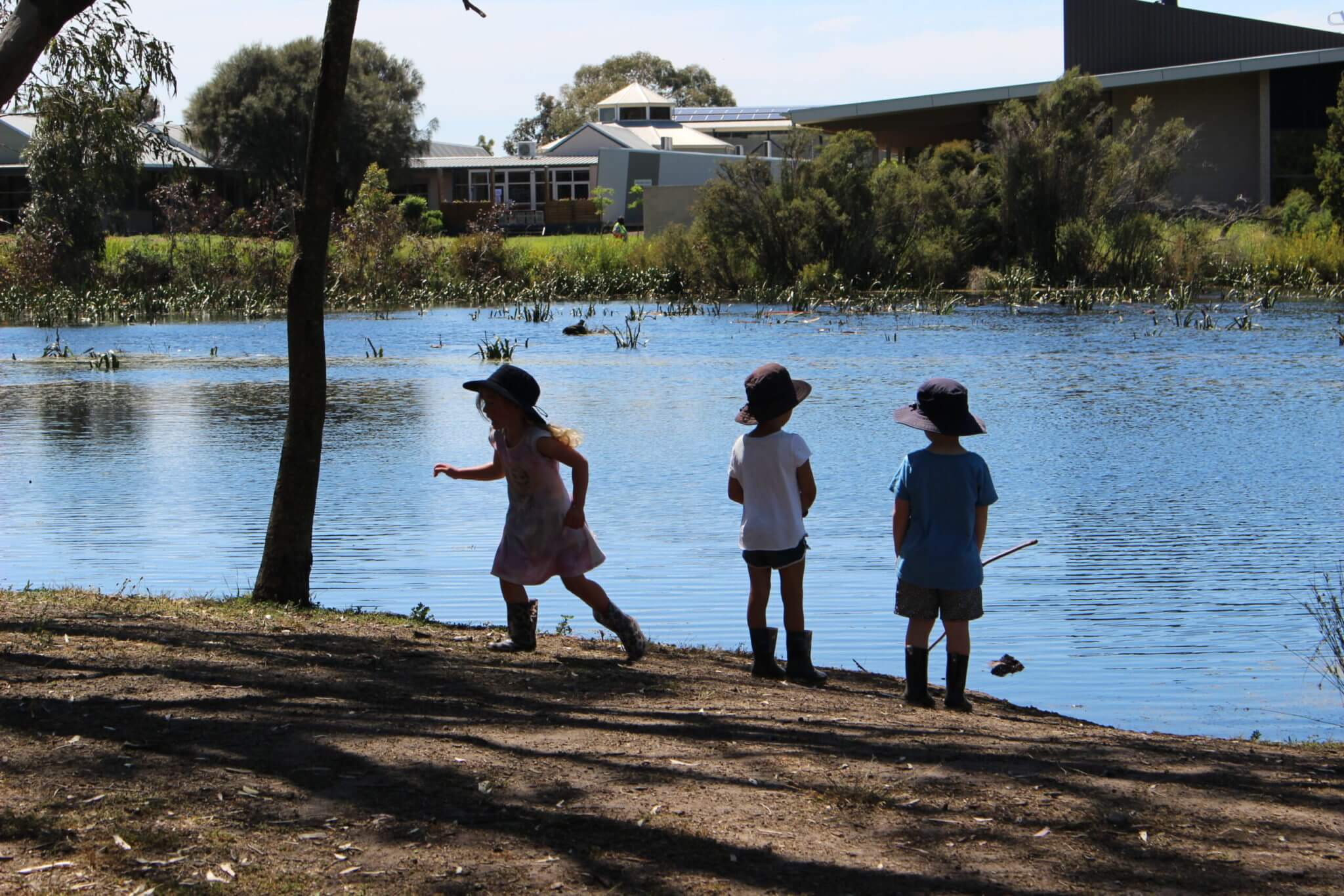Why is an inclusive lens for schools so important?
All children are competent learners and all learners are unique

Collectively each issue requires a graduated curriculum approach with clearly-articulated skill acquisitions to lessen the burden and, ultimately, provide young people with a suite of strategies in their invisible ‘tool kit’, to manage ever-emerging obstacles. However, a sense of belonging and connectedness transcends all of this and the reason why an ‘inclusion lens’ is so essential and has to exist at the core of all school operations. Also, one of the great challenges of inclusion is that it is largely invisible and so we must all take responsibility, at all levels of society, to see inclusion move beyond tolerance to respect, and shift the focus away from diversity and onto inclusion.
An inclusive approach ensures support for students with a disability, cultural and linguistic diversity, the LGBTQI+ community, mental health challenges, gifted or highly able, and all in the context of their cultural values, needs and requirements, to ensure every student can experience success.
At Cornish College we have developed a ‘statement of commitment’ to inclusion:
- Sustainable relationships are at the core of inclusion, which is a cultural value that spans the breadth of our curriculum
- We provide an inclusive and equitable environment that recognises, fosters and embraces all differences, and allows students to build personal capacity to thrive emotionally, academically, physically and spiritually, now and in the future
- Inclusion aligns with the school’s values of compassion, respect, integrity and creativity, the rings of sustainability and professional policies
Essential ingredients of an inclusive mindset across our school are:
- Differentiation – an organic and dynamic process of instruction ensuring equitable access to educational opportunities. Effective differentiation also enables gradual release of responsibility
- Learning environments that are open and supportive of diverse learning styles and needs, flexible and open, encouraging of independent and intrinsic learning, accepting and non-judgemental, and encouraging complex and abstract thought
- Language that embraces and never perpetuates stereotypes. Language that is respectful and ensures dignity, is accurate and relevant, showing respect for all members of our community
- Curriculum offerings that look beyond the boundaries of traditional education pathways allowing students to co-create a personalised curriculum
- A curriculum of collaborative inquiry, fostering students’ creativity, self-efficacy, critical thinking, collaboration skills, entrepreneurial mindset, agility, autonomy and reflectiveness
- A culture and ethic of care, where teachers’ pedagogical approaches match learning styles; there is clear and effective communication; where the respect the rights and individuality transcend all school community relationships; ethical leadership and collaboration and a commitment to high standards, based on the premise that all students can learn
Through this inclusive lens, we can feel confident that this generation, who have shown themselves to be the amongst the most educated, technologically proficient and adept, willing to challenge tradition structures and non-complacent cohort, are ready and eager to reshape the inclusiveness, equity and sustainability of our world. At all levels of society, we need to further cultivate and enhance this.
Inclusion is beneficial to everyone, creating a win-win situation and in no way detracts from anyone else’s experience.
Laurent Julicher joined the Cornish community at the beginning of 2020 as Director of Student Learning and as a Humanities teacher. Prior to this, he was the Head of Years 11 and 12 at Woodleigh School for 22 years. Laurent is committed to fostering the unique value of each student, creating sustainable citizens to make a difference in a range of arenas. He has thoroughly enjoyed transitioning to Cornish with its focus on creativity, innovation and community.



